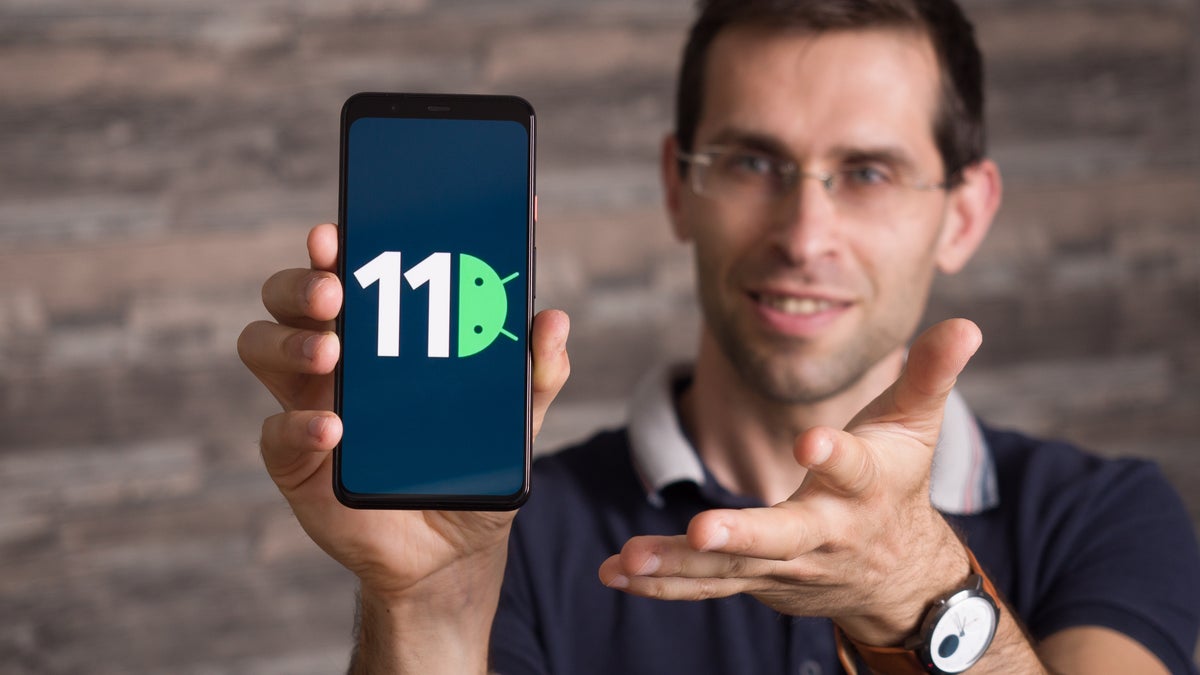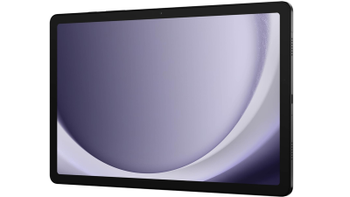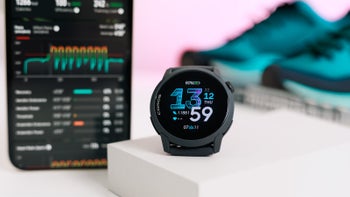Google to raise the RAM requirements for Android, make Android GO mandatory if a phone doesn't meet them

There’s a class of ultra-budget devices that you might not be familiar with (since they’re not very popular in the States) that run a special version of Android called Android Go. Android Go comes with lighter and less demanding versions of Google’s apps as well and is meant for phones that have under 1GB of RAM.
But that is going to change soon if a leaked Google document unearthed by XDAdevelopers turns out to be true. The file, called “Android 11 Go edition Device Configuration Guide”, highlights some new rules manufacturers will have to adhere to if they want Google Services on their devices. Here are some of them:
In short, Google is changing two important things with the arrival of Android 11:
- Beginning with Android 11, devices with 512MB RAM (including upgrades) are not qualified for preloading GMS.
- All new PRODUCTS launching with Android 11, if they have 2GB RAM or less, MUST return true for ActivityManager.isLowRamDevice() API, and launch as an Android Go device.
- Starting in Q4 2020, all new PRODUCTS launching with Android 10, if they have 2GB RAM or less, MUST return true for ActivityManager.isLowRamDevice() API, and launch as an Android Go device.
- Previously launched 2GB RAM devices in standard GMS configuration SHOULD NOT convert to Android Go configuration via MRs or letter upgrades. They will remain standard Android
First, it redefines what is considered a low-RAM device, upping the limit from 1 to 2GB.
Second, it makes Android Go mandatory for all low-RAM devices. Until now, manufacturers were free to choose between standard Android and Android Go regardless of the amount of RAM the device has.
While that change probably won’t affect you, from Google’s decision we can deduct that the upcoming Android 11 will be even more dependent on RAM. If 2GB of RAM are now sending you straight to Android Go, this means that for a smooth Android 11 experience you’d need at least 4 gigs. And that’s a number some budget phones, like the Moto G Fast for example, aren’t hitting today.
While that change probably won’t affect you, from Google’s decision we can deduct that the upcoming Android 11 will be even more dependent on RAM. If 2GB of RAM are now sending you straight to Android Go, this means that for a smooth Android 11 experience you’d need at least 4 gigs. And that’s a number some budget phones, like the Moto G Fast for example, aren’t hitting today.
Does that mean that if you’re one of the few budget phone owners that will be blessed with an Android 11 upgrade, your phone could actually become slower? Hopefully not, but we’ll have to wait and see.
Follow us on Google News















Things that are NOT allowed:
To help keep our community safe and free from spam, we apply temporary limits to newly created accounts: